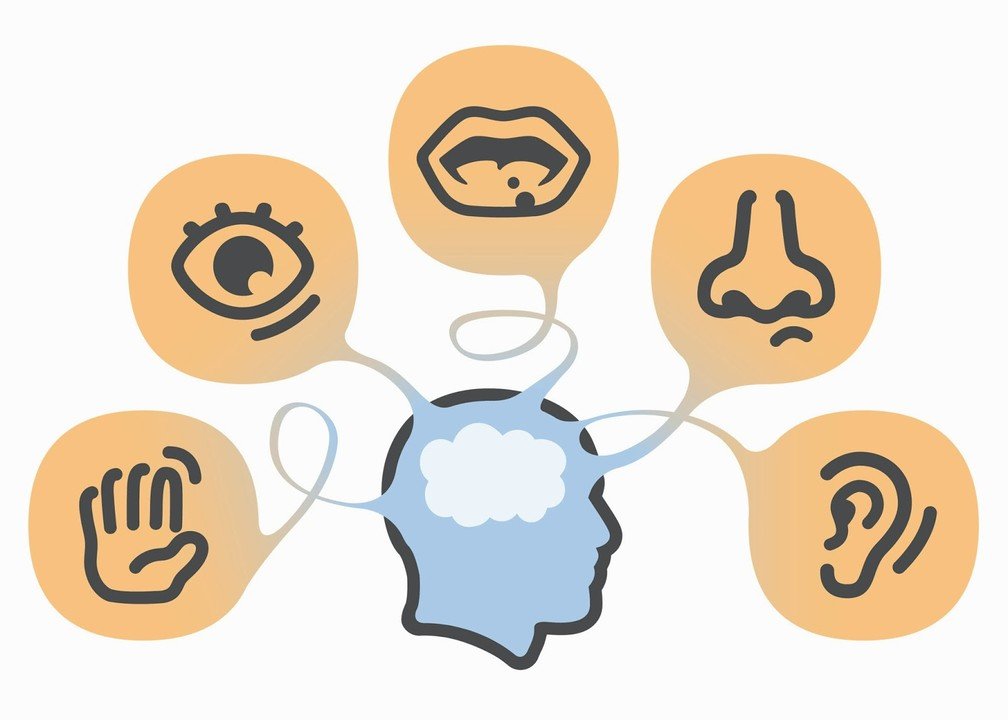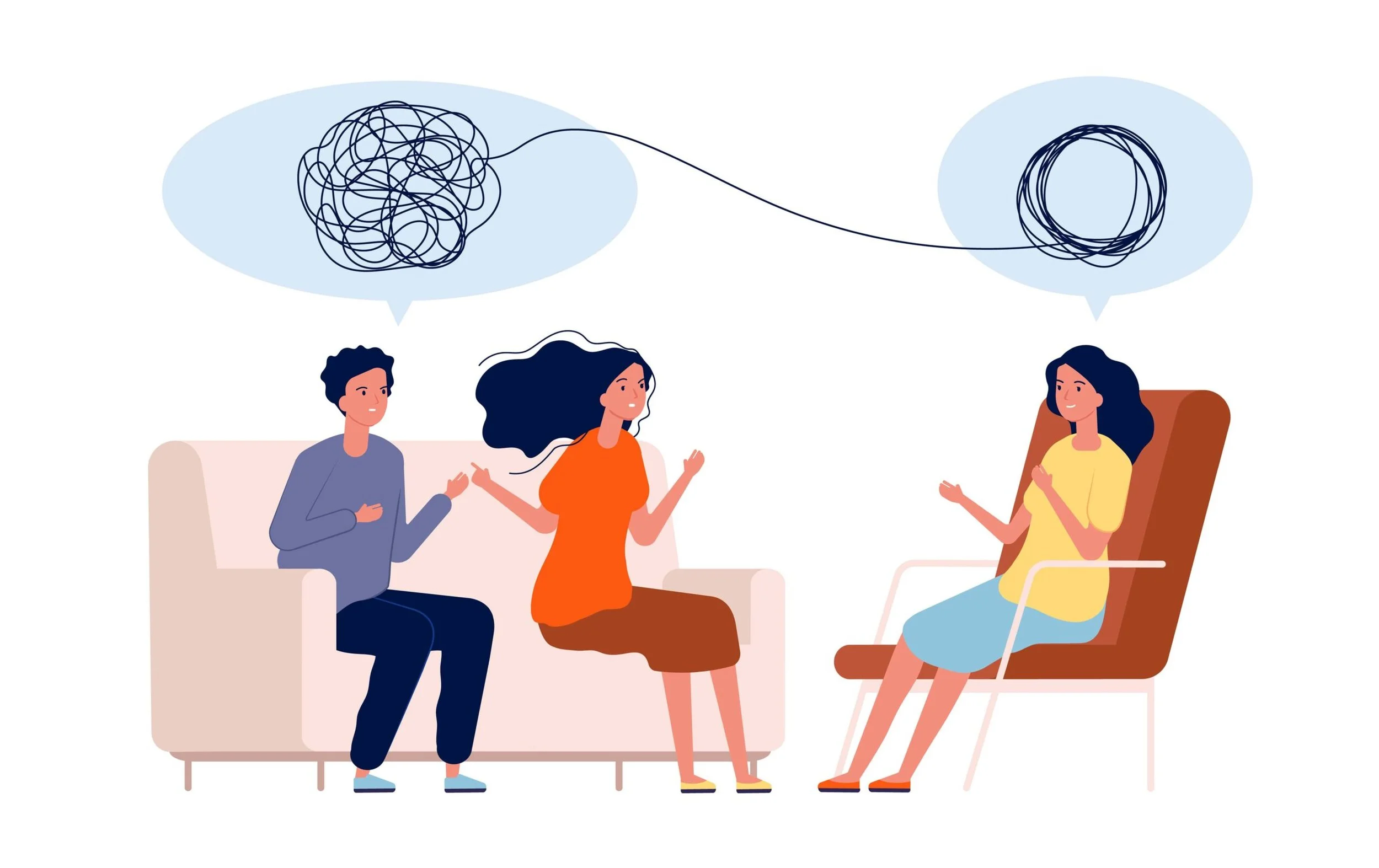Life is full of challenges, responsibilities, and unexpected twists—and it's completely normal to feel overwhelmed from time to time. But how do you know if what you're experiencing is everyday stress… or something more like anxiety?
Read MoreIn recent years—especially since the pandemic—one of the most common questions I hear from new clients is: “Does online therapy really work?” As a therapist practicing in the heart of Los Angeles, where schedules are packed and traffic is relentless, any skepticism is completely understandable. So let’s unpack this.
Read MoreADHD, or Attention-Deficit/Hyperactivity Disorder, doesn't just affect focus and organization—it can also have a deep and lasting impact on romantic relationships. If you or your partner has ADHD, you may have noticed patterns of miscommunication, emotional disconnect, or recurring conflict that seem hard to break.
Read MoreToxic masculinity refers to cultural norms and expectations that define "real" manhood in narrow, harmful ways. These norms often discourage emotional expression, promote dominance over others, and equate vulnerability with weakness.
Read MoreAs a practice, we place a high value on meaningful and authentic relationships. Over the years, this effort has naturally evolved into finding and creating spaces for genuine community. These efforts extend into all kinds of relationships, including inter-professional networks, local neighborhood collaborations, training and workshop offerings, low-fee/easy-entry therapeutic offerings…
Read MoreRecognizing that you have experienced trauma is the first step toward healing. Many individuals struggle with invalidating their experiences, thinking they are overreacting. Seeking support from a therapist who understands religious trauma can be instrumental in validating your emotions.
Read MoreWhile it might not be a clinically recognized diagnosis, high-functioning anxiety is a term that resonates deeply with those who feel its unique challenges. Understanding what it means and how it differs from more typical experiences of anxiety can provide valuable insights for those navigating it and those seeking to support loved ones.
Read MoreOur culture tends to compartmentalize grief, to privatize and pathologize it, to render it something to be overcome or dismissed. In the West, we regard grief as something to “get over” as though it’s a temporary malady we should quickly recover from. Yet grief is not a single event but an abiding relationship.
Read MoreChoosing a therapist is a deeply personal journey, and finding the right match can be crucial to the success of your therapy experience. A good therapeutic relationship isn’t just scheduling sessions—it’s about building a trusting, comfortable, and productive partnership.
Read MoreVergence is a technique that was developed out of a type of therapy called brainspotting. It uses your changing eye movements to help reduce anxiety and panic symptoms.
Read MoreGrounding is a part of mindfulness in which you are directing your thoughts away from distressing thoughts/experiences and guiding it toward the present. This can be particularly helpful when feeling overwhelmed by certain thoughts or emotions. Grounding techniques are designed to help individuals dealing with trauma, panic attacks, or other intense emotional experiences.
Read MoreBrainspotting therapy makes use of this natural phenomenon through its use of relevant eye positions. This helps the brainspotting therapist locate, focus, process and release a wide range of emotionally and bodily-based conditions including trauma, dissociation, and a variety of other challenging symptoms.
Read MoreRelationships require work. They ebb and flow depending on life transitions, (ie. changes in work, additions to the family, grief, relocating to a new place etc.) and it can impact the relationship or surface previous issues that may not have caused conflict/distress in the past. Each couple has their own timeline for how and when they might find themselves seeking out couples therapy, but it can be helpful to know what to expect.
Read MoreHave you heard of the invisible mental load? Also called the hidden load, in hetero cis relationships, the invisible mental load is a term for the unseen but heavily felt labor involved in managing a household and family, which typically falls on women's shoulders. Here are a few examples of ways that women are impacted by this family dynamic…
Read MoreGrief is defined as “deep sorrow, especially that caused by someone's death.” This definition, although technically true, doesn’t quite reflect the magnitude of grief. It fails to capture the completely overwhelming feelings of loss, emptiness, and despair that accompany grief. We all go through grief at one stage of life or another, and it's a universal experience that we can find connection in.
Read More














